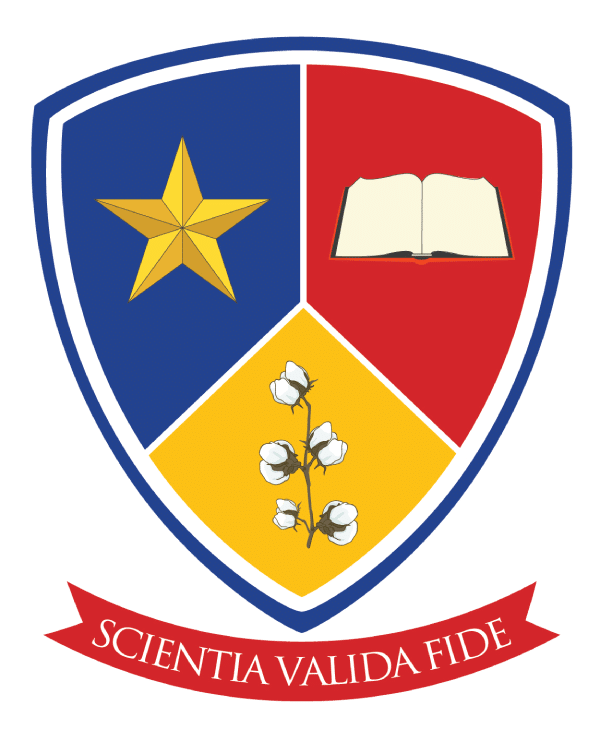
De La Salle College
Sixth Form
Erasmus+ Projects
DE LA SALLE COLLEGE SIXTH FORM
The Inclusion of Students with Few Opportunities into the European Dimension
An Erasmus+/eTwinning project that increases the awareness of inclusion at the level of interpersonal communication in the school following the pandemic period in the context of distance learning including the development of a quality education in our school.


DE LA SALLE COLLEGE SIXTH FORM
Creating an Innovative Platform of Communication and Teaching in a Digital Society
This eTwinning project is in connection with the Erasmus+ project “Creating an Innovative Platform of Communication and Teaching in a Digital Society”. The main assumption behind the project is the understanding that the teacher is the key figure in the educational process whose skills and competencies are decisive for the quality and effectiveness of education. The project team consists of seven different institutional partners (schools, an NGO, and two regional departments of education) from Bulgaria, Malta, the Netherlands, and Turkey. Thus, the project includes organizations that operate in diverse socio-economic, cultural, and educational contexts. The target group is made up of about 50 English language teachers and 200 pupils. In addition, the project will reach about 300 teachers and pupils from schools, not involved in the project. The project activities will have both short-term and long-term impacts.
DE LA SALLE COLLEGE SIXTH FORM
Act-Activate Critical Thinking - From Media Literacy to Digital Literacy against Discrimination
An Erasmus+/eTwinning project that meets the need schools to develop their students’ critical thinking skills and digital literacy required to handle information and create new resources so that they become informed citizens able to fully participate in all aspects of society after graduation and equally recognize, analyse and reject any form of discrimination. Consequently, schools need to adjust their instruction to the students’ interests and the constant digital changes, schools are concerned about the amount of unselected information students are exposed to, but mainly overwhelmed by the impact media and digital media have upon students. As a follow-up to Europe’s Digital Agenda and of ET2020, the project’s scope is to ensure media and digital literacy through critical thinking to high school students, aged 14-19, in 4 European schools from Romania, Bulgaria, Portugal and Malta, for 2 years.


DE LA SALLE COLLEGE SIXTH FORM
Empowering Children to Act as Cultural Diplomats for a Robust and Resilient Europe
The project aims to enable children to become cultural diplomats to act as agents of change to build a socially cohesive and resilient Europe capable of meeting new threats and challenges. The achievement of the goal is based on the approach of cultural diplomacy, and the use of new technologies and innovative and creative methodologies, such as collaborative art-making, collaborative storytelling and poetry, and digital-cultural pedagogies. Another important goal of this project is to promote children's and teachers' training to improve their skills to become agents of the cultural diplomacy approach, to achieve the first goal of the project.
Link to the Eurodiplomats Project: https://eurodiplomats.com/
DE LA SALLE COLLEGE SIXTH FORM
Empowering Critical Young Voters for a Europe of Sustainable Development and Equality
The project aims to empower youth to act as agents of change for building a Europe of sustainable development and equality by enhancing their critical-voting literacy that includes: (a) media and news literacy; (b) socio-emotional literacy, and (c) social-justice literacy. To do so, this project draws upon the strategies of critical literacy and experiential learning, by using new technologies, and innovative methodologies, such as collaborative role-play and simulations, problem-based learning, critical incidents analysis, and virtual communities of learning and practice.
Another important objective of this project is to promote youth’s and teachers’ training to enhance their competencies in using such methodologies to meet the first objective.
Link to the Eurovoters Project: https://eurovoters.eu/
